Metabolism

Serine/threonine kinase AMPK upregulates glucose uptake by promoting the expression and function of glucose transporters. AMPK is activated by increased AMP/ATP ratio, resulting from cellular and environmental stress, e.g. low glucose, heat shock, hypoxia and ischemia. AMPK activation positively modulates signaling transductions that refill ATP levels. Moreover, it also stimulates catabolic processes such as fatty acid oxidation and glycolysis through inhibition of ACC and activation of PFK2. AMPK negatively regulates various proteins which are important to ATP-consuming mechanisms, e.g. mTORC2, glycogen synthase, SREBP-1, and TSC2, causing the downregulation/inhibition of gluconeogenesis and glycogen, lipid and protein synthesis.
-
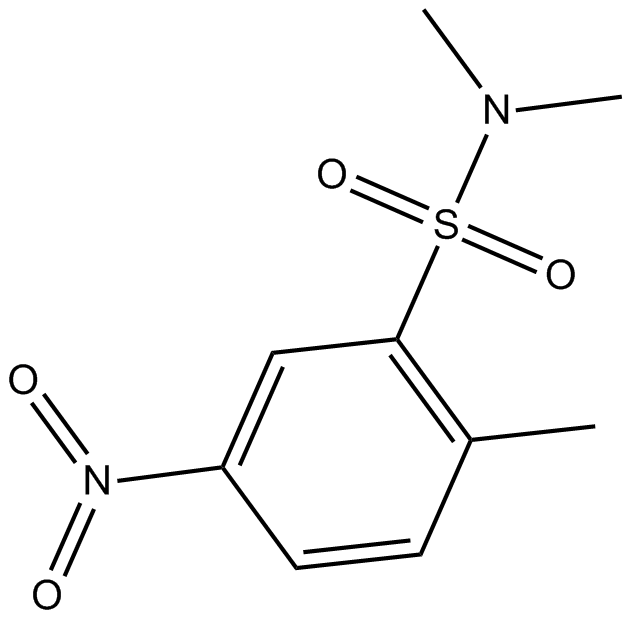 B6988 BRL 50481Target: Phosphodiesterases (PDEs)Summary: PDE7 inhibitor,potent and selective
B6988 BRL 50481Target: Phosphodiesterases (PDEs)Summary: PDE7 inhibitor,potent and selective -
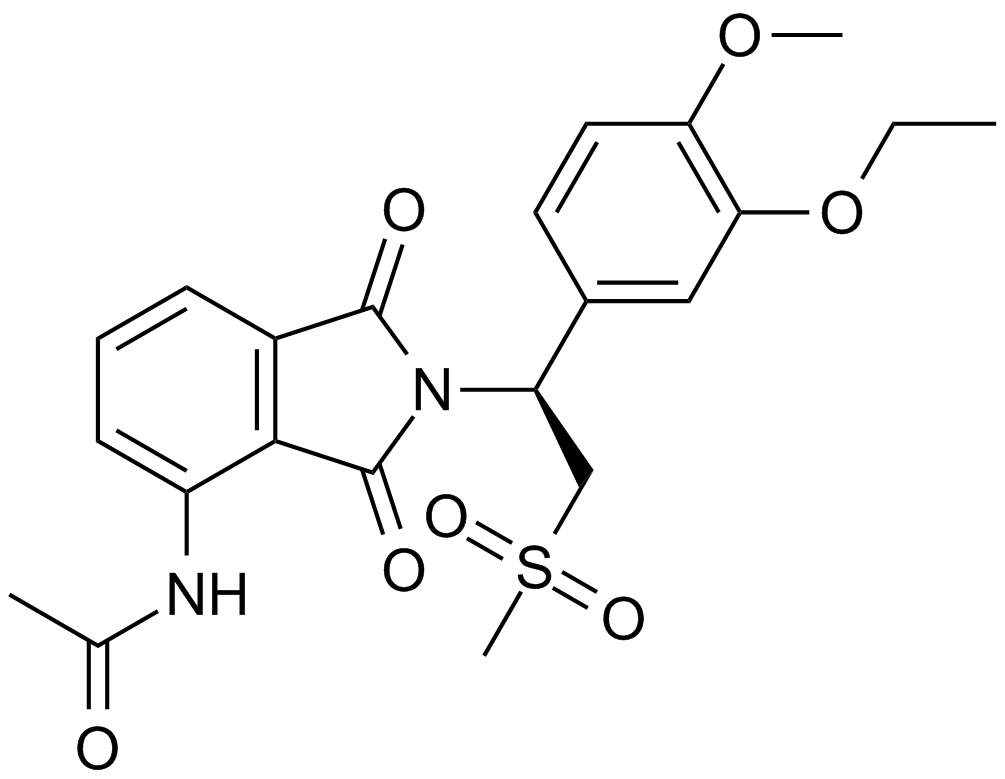 A4317 Apremilast (CC-10004)Target: Phosphodiesterases (PDEs)Summary: PDE4 inhibitor
A4317 Apremilast (CC-10004)Target: Phosphodiesterases (PDEs)Summary: PDE4 inhibitor -
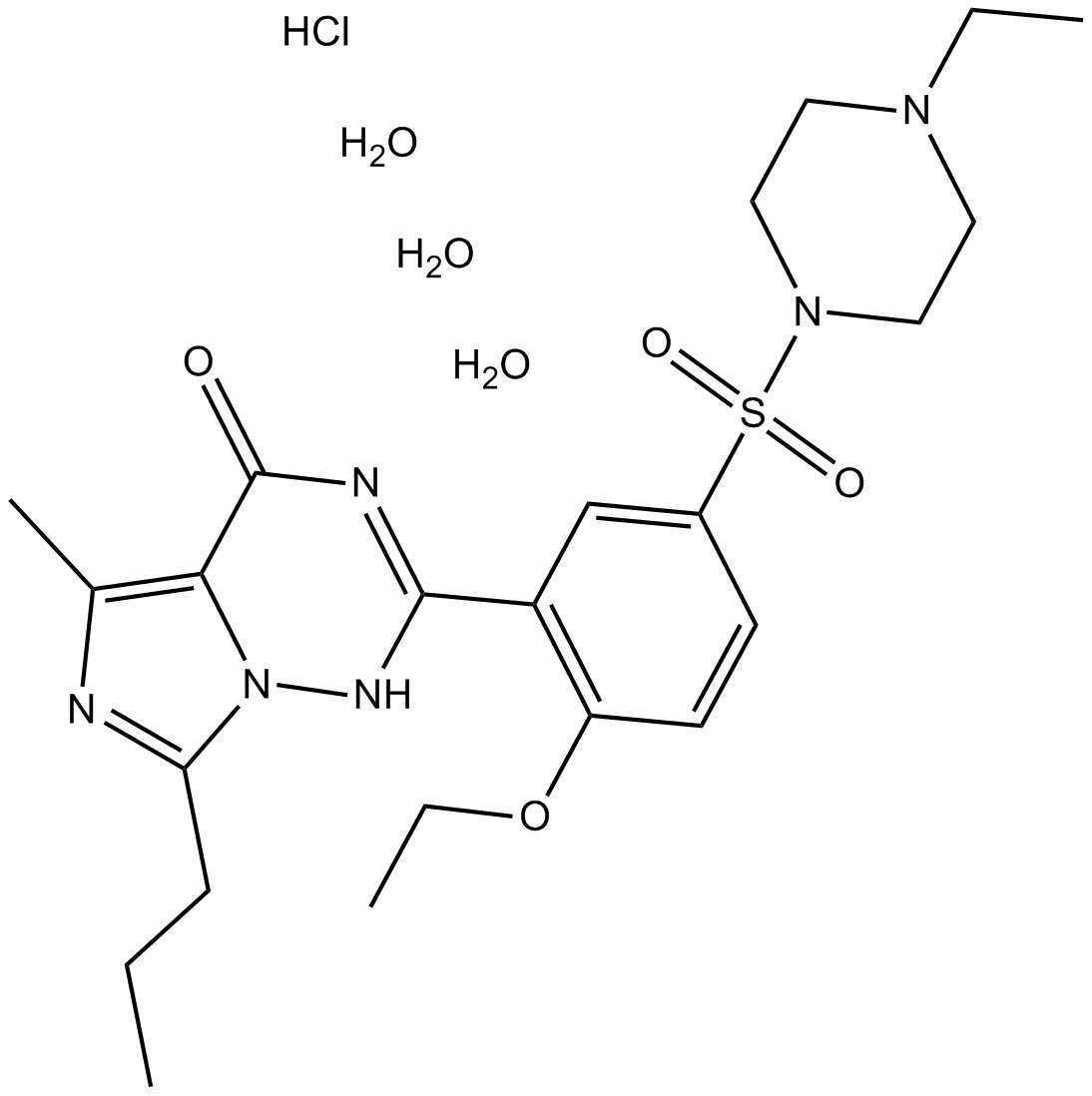 A4323 Vardenafil HCl TrihydrateTarget: Phosphodiesterases (PDEs)Summary: PDE5 inhibitor, potent and selective
A4323 Vardenafil HCl TrihydrateTarget: Phosphodiesterases (PDEs)Summary: PDE5 inhibitor, potent and selective -
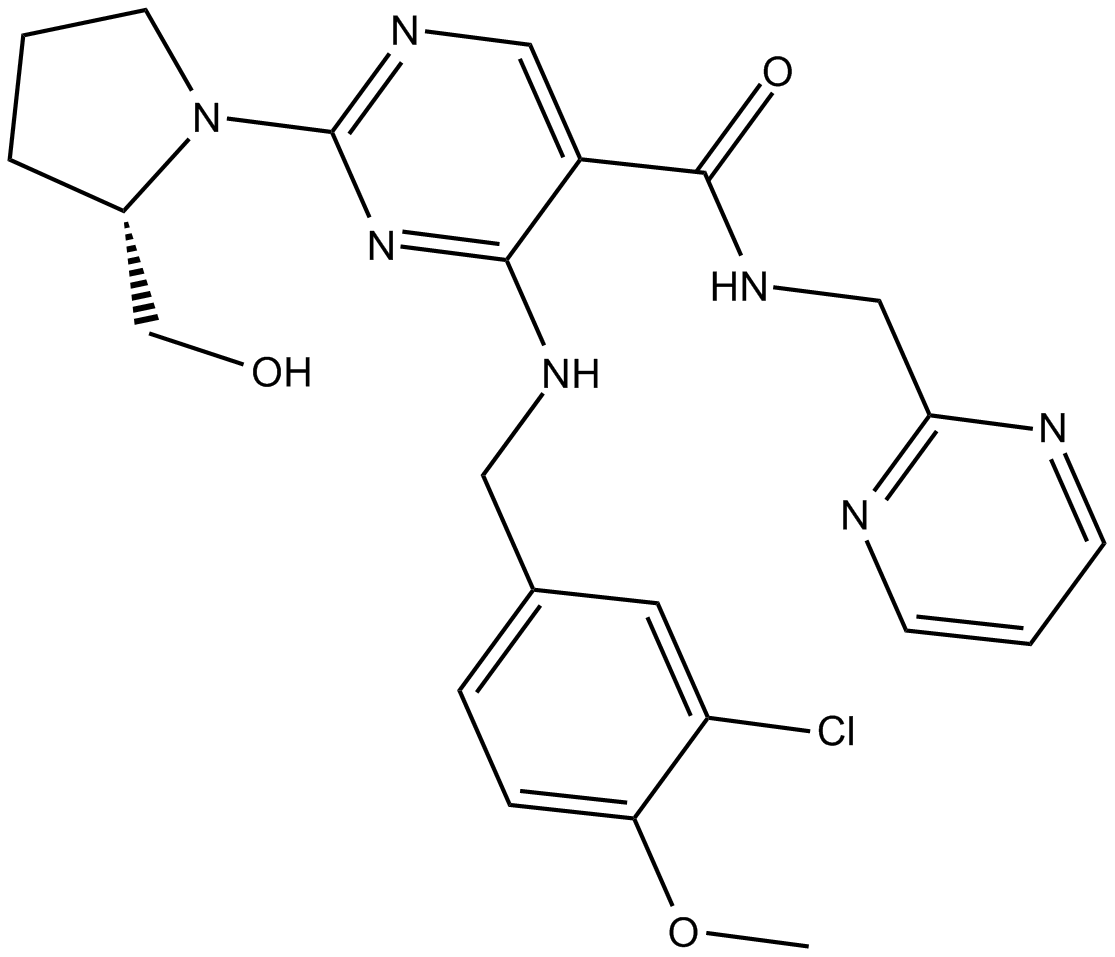 A4334 AvanafilTarget: Phosphodiesterases (PDEs)Summary: PDE5 inhibitor
A4334 AvanafilTarget: Phosphodiesterases (PDEs)Summary: PDE5 inhibitor -
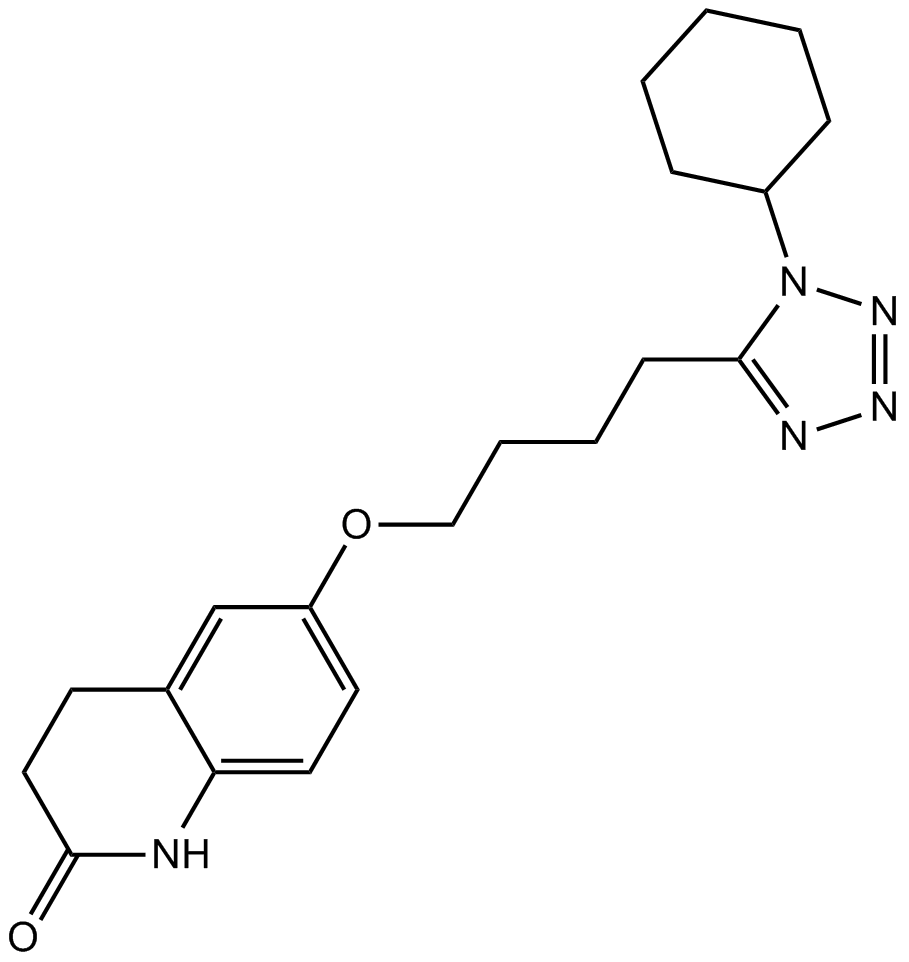 A4337 CilostazolSummary: PDE3 inhibitor
A4337 CilostazolSummary: PDE3 inhibitor -
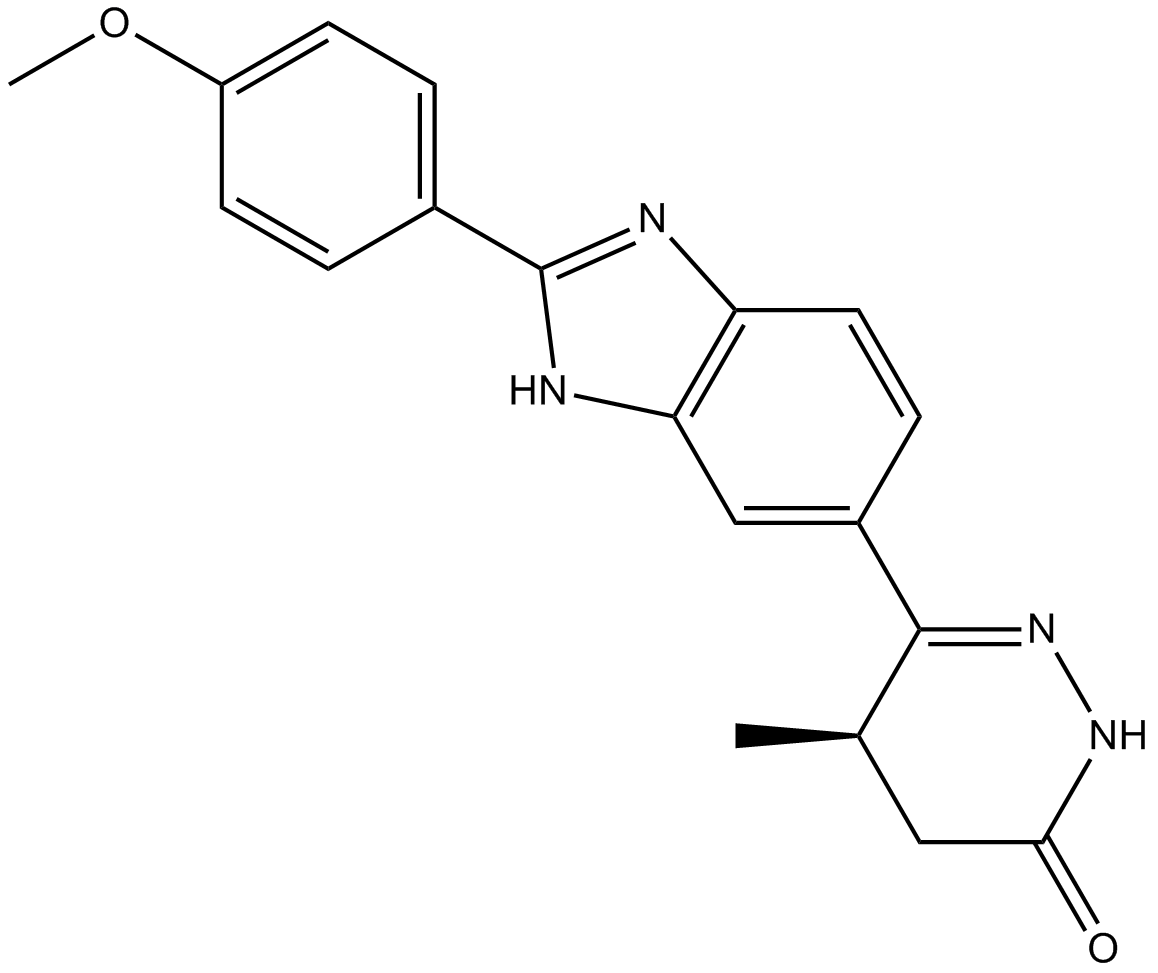 A4340 PimobendanTarget: Phosphodiesterases (PDEs)Summary: Selective PDE3 inhibitor.Ca2+ channel sensitizer
A4340 PimobendanTarget: Phosphodiesterases (PDEs)Summary: Selective PDE3 inhibitor.Ca2+ channel sensitizer -
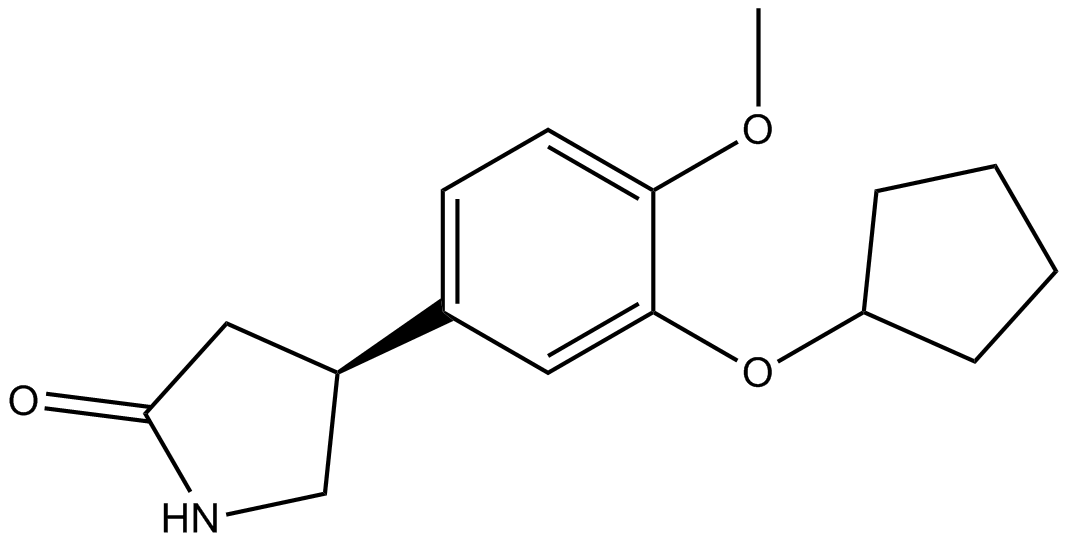 A4349 S- (+)-RolipramSummary: CAMP-specific PDE4 inhibitor
A4349 S- (+)-RolipramSummary: CAMP-specific PDE4 inhibitor -
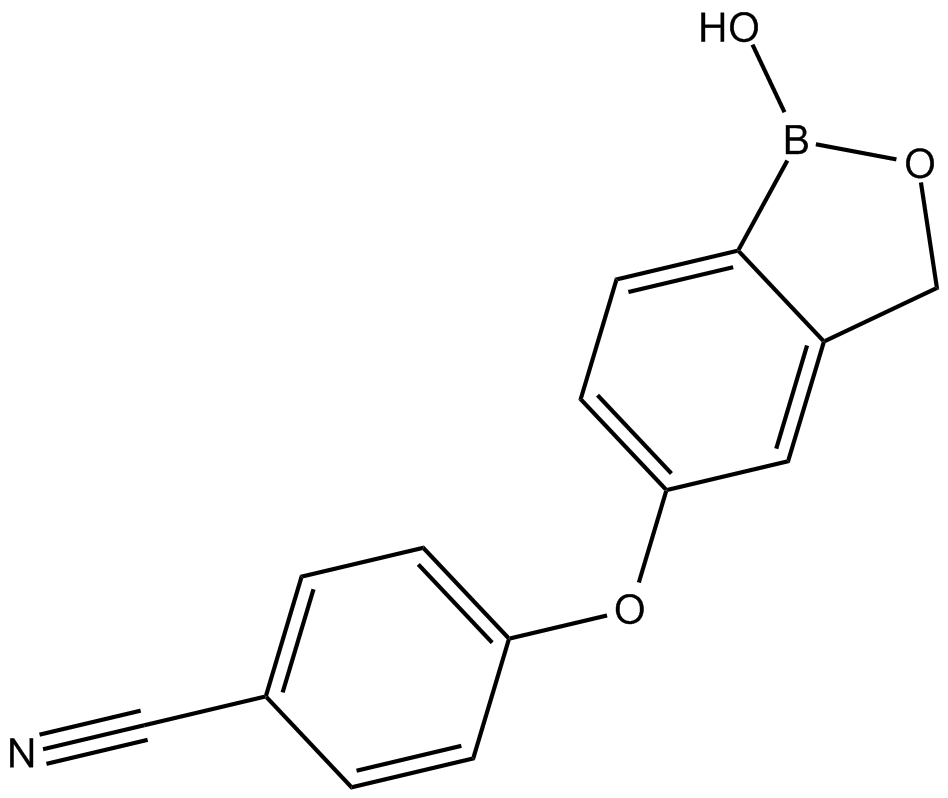 A3178 AN-2728Summary: PDE4 inhibitor,anti-inflammatory compound
A3178 AN-2728Summary: PDE4 inhibitor,anti-inflammatory compound -
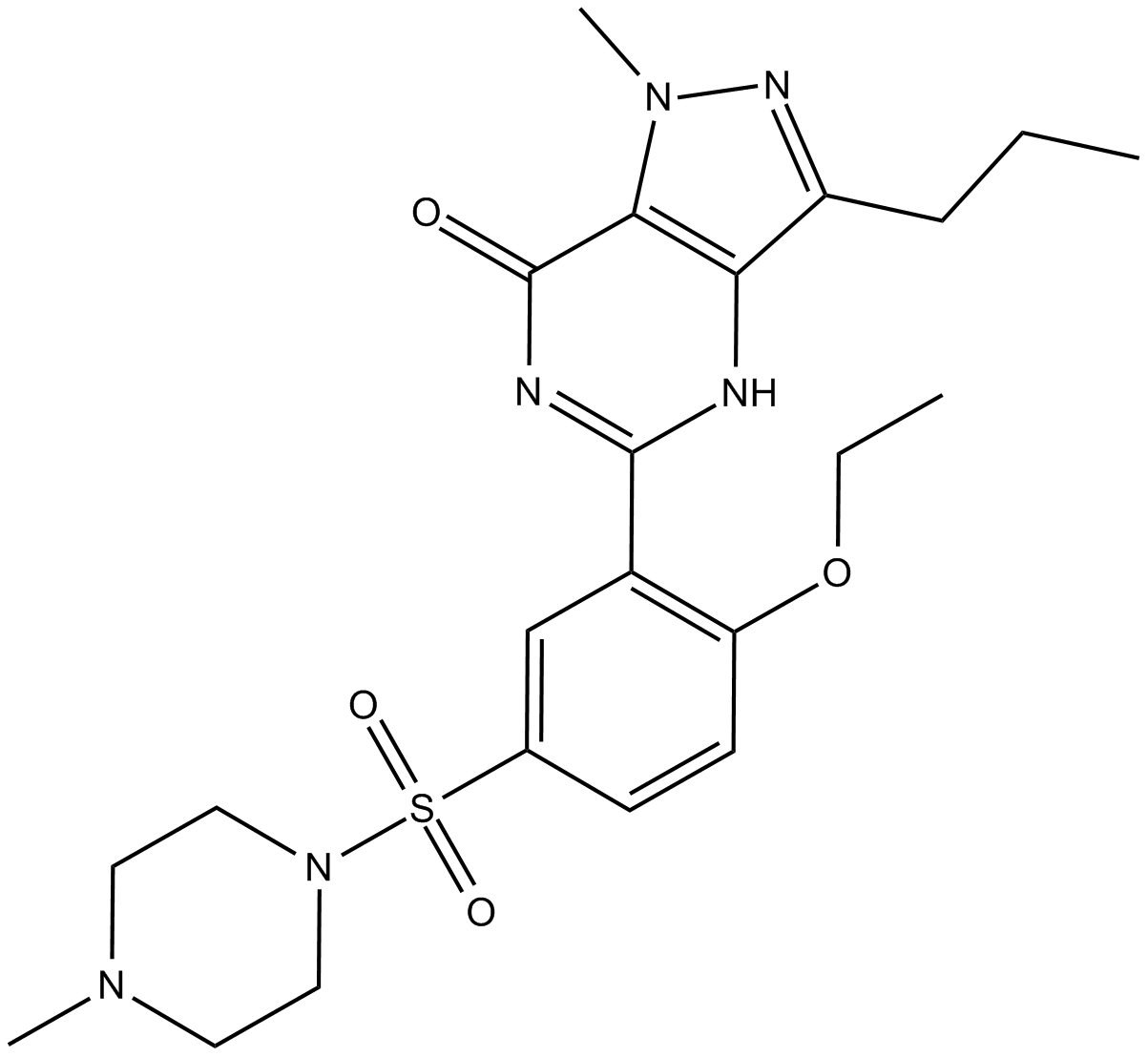 A3817 SildenafilTarget: Phosphodiesterases (PDEs)Summary: PDE5 inhibitor, selective
A3817 SildenafilTarget: Phosphodiesterases (PDEs)Summary: PDE5 inhibitor, selective

